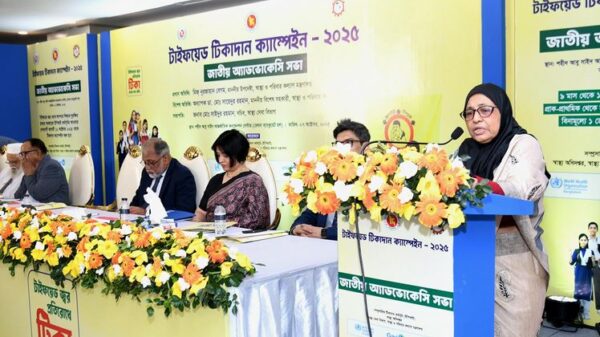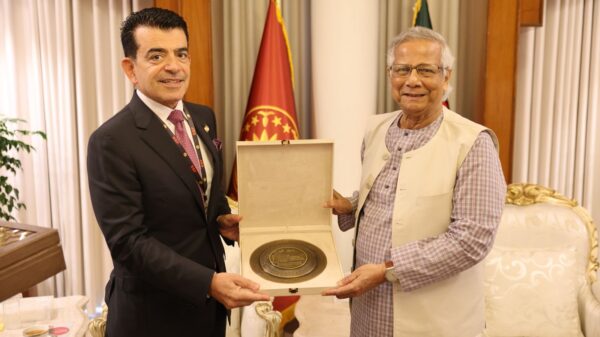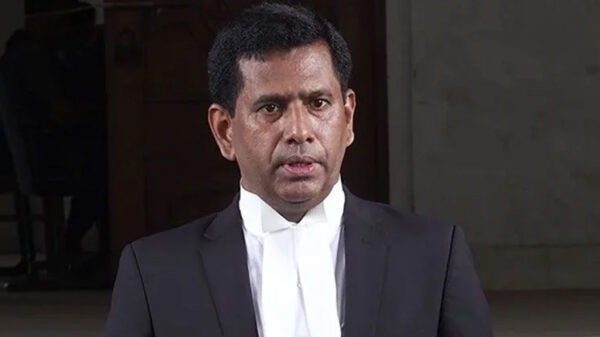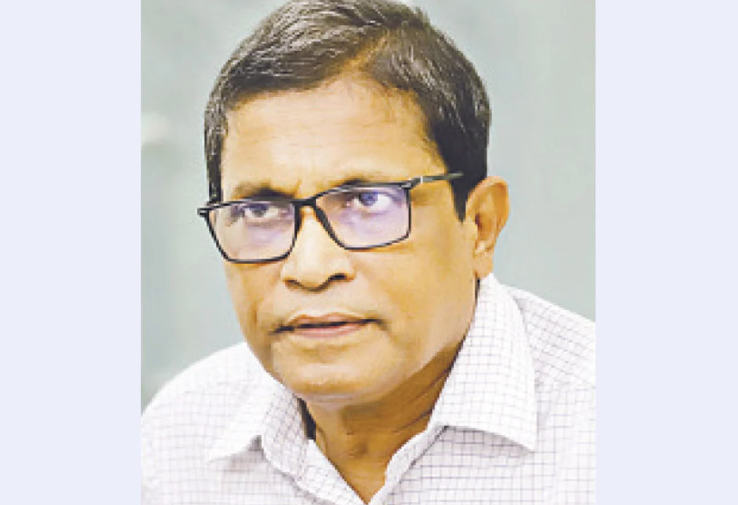Staff Reporter:
Bangladesh must remain competitive with the outside world. This is the era of a free-market economy. The country’s industrial sector is heading toward increasingly intense competition, which is becoming a major crisis for Bangladesh. It is having a negative impact on investment in this sector.
Even if they want to, investors are unable to avoid risks. As a result, employment generation is being hindered. The private sector is the main driver of employment. Without job creation, the number of unemployed people will increase.
An increase in unemployment means a decline in the standard of living. It is undesirable for people’s income and progress to be disrupted. On the other hand, industrial production must be increased, but people’s incomes are limited.
As a result, consumer spending will decline. Government revenue collection will be constrained, leading to a budget deficit. To cover the budget deficit, the government will resort to borrowing. Borrowing will lead to inflation. Inflation will further reduce consumer spending.
Consequently, government revenue will decrease even more. This will trap the country in a vicious cycle. Thus, the dream of becoming a middle-income country will remain just a dream.
In the past, there have been unjust and irrational adjustments in electricity and gas expenditures. A commission should be formed to investigate these issues. It is necessary to determine how much money was embezzled in these sectors over the past 15 years. At the same time, consideration should be given to how much the current prices of electricity and gas can be reduced.
Moreover, raising the prices of gas and electricity repeatedly without reducing system losses is unreasonable. This practice is increasing production costs for industrial owners. Corruption and irregularities among service-providing institutions must be eliminated. If this happens, customers will no longer have to bear the burden of frequent price hikes.
CAB (Consumers Association of Bangladesh) has shown that expenses in the electricity sector can be reduced by 350 to 400 billion taka. Electricity production costs can be brought down to below seven taka per unit.
Currently, we are purchasing electricity from India at 7.40 taka per unit. If we produce electricity domestically, the cost can be even lower.
Although there have been initiatives to reduce electricity prices at various times, in practice, the opposite has happened. The current government must work to implement this.
The writer is Energy Adviser, Consumers Association of Bangladesh (CAB)










































